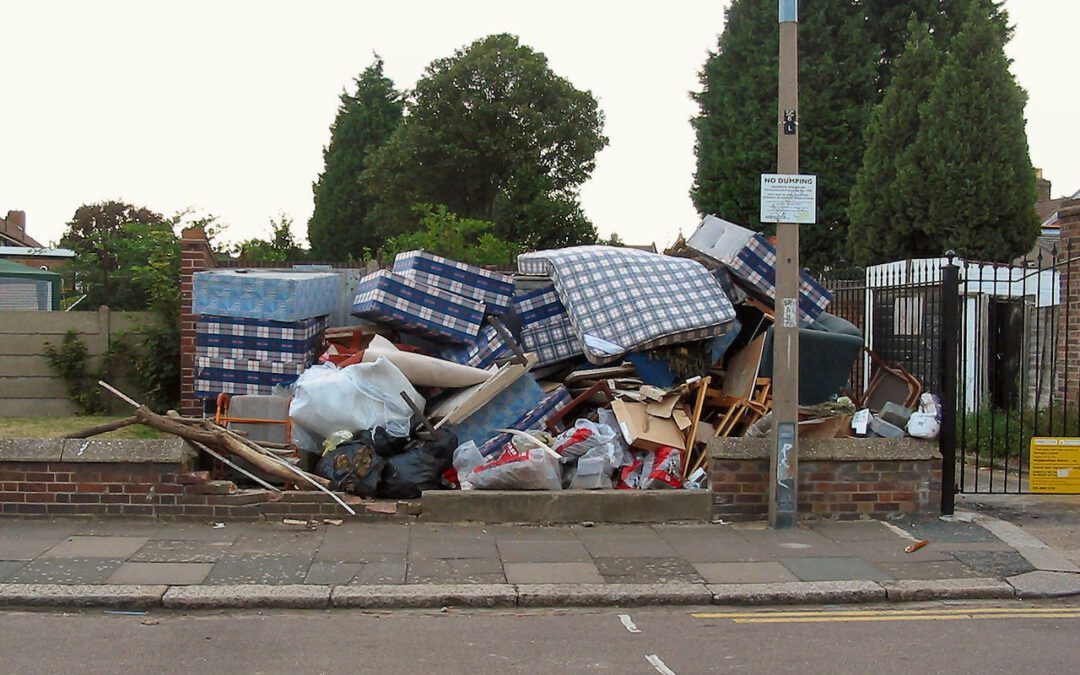In the evolving landscape of environmental consciousness, recycling stands at the forefront as a critical component of sustainable living in 2024. As we navigate through the challenges posed by climate change and resource depletion, recycling remains an actionable solution for individuals and communities to contribute positively to our planet. In this blog post, we explore the current state of recycling, its significance in 2024, and answer frequently asked questions to empower you to make informed choices.
The State of Recycling in 2024
1. Technological Advancements:
In recent years, technological innovations have revolutionized recycling processes. Advanced sorting technologies, artificial intelligence, and robotics enhance the efficiency of waste management systems, making recycling more accessible and effective.
2. Waste-to-Energy Solutions:
With a growing emphasis on circular economies, waste-to-energy solutions have gained momentum. Recycling facilities are increasingly adopting technologies that convert waste into energy, contributing to both waste reduction and sustainable energy production.
3. Single-Stream Recycling:
Single-stream recycling has become more prevalent, simplifying the recycling process for consumers. This approach allows individuals to place all recyclables in a single bin, streamlining collection and processing.
4. Consumer Awareness:
In 2024, there is a heightened awareness among consumers regarding the environmental impact of their choices. This awareness has led to increased participation in recycling programs and a demand for eco-friendly products and packaging.
Frequently Asked Questions about Recycling
Q1: What Can I Recycle?
A1: You can recycle a wide range of materials, including paper, cardboard, glass, plastic bottles, and aluminum cans. Many recycling programs also accept electronic waste (e-waste) and certain types of plastics. Check with your local recycling facility for specific guidelines.
Q2: Is Recycling Cost-Effective?
A2: Yes, recycling is a cost-effective solution for waste management. The reuse of materials reduces the need for raw resource extraction and manufacturing, leading to economic savings in the long run. Additionally, the revenue generated from selling recycled materials contributes to the sustainability of recycling programs.
Q3: How Can I Improve Recycling at Home?
A3: Start by setting up a designated recycling bin in your home. Educate yourself about your local recycling guidelines to ensure proper sorting. Rinse containers before recycling to avoid contamination. Consider reducing your overall waste by embracing a more sustainable lifestyle, such as using reusable products.
Q4: What Happens to Recyclables After Collection?
A4: After collection, recyclables are transported to recycling facilities. Here, they undergo sorting, cleaning, and processing. Materials are then transformed into new products or raw materials that can be used in manufacturing. Some materials, like aluminum and glass, can be recycled infinitely.
Q5: Are Biodegradable Items Better Than Recyclables?
A5: While biodegradable items can break down more easily than traditional plastics, they may not always be the most environmentally friendly option. Recycling helps conserve resources and reduce energy consumption, making it a valuable part of the sustainability equation. Ideally, choose products with both recyclability and biodegradability.
Conclusion
As we embrace 2024, recycling continues to be a cornerstone of sustainable living. Technological advancements, waste-to-energy solutions, and increased consumer awareness are shaping the landscape of recycling for the better. By understanding the importance of recycling and adopting responsible practices, we can collectively contribute to a healthier planet for future generations. Take the initiative today and become a steward of positive change through recycling.
For more information on recycling in your area or to get involved in local initiatives, contact Your Local Recycling Centre or visit www.thewasteclearanceteam.co.uk
Together, let’s make 2024 the year of sustainable choices!
To learn more contact us

